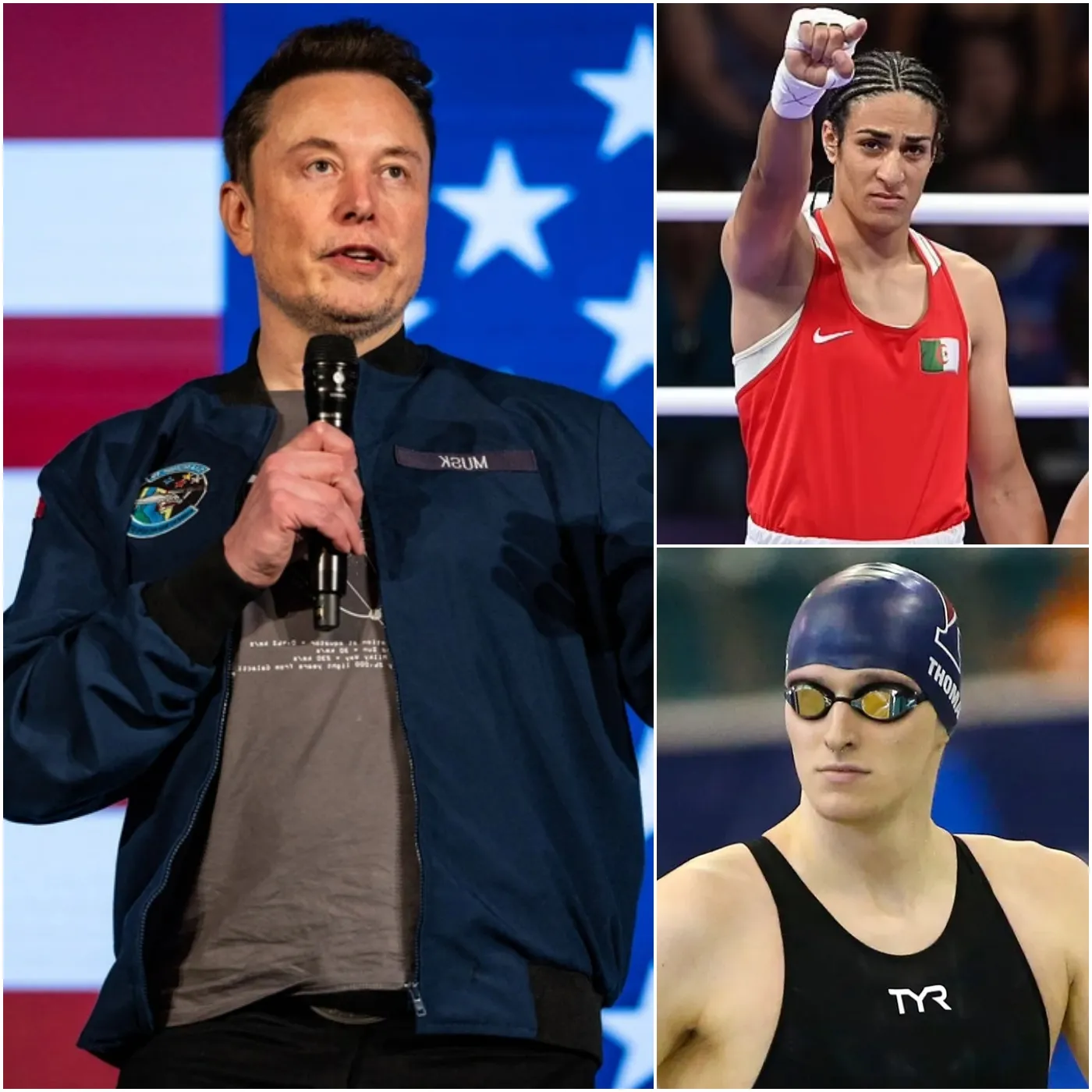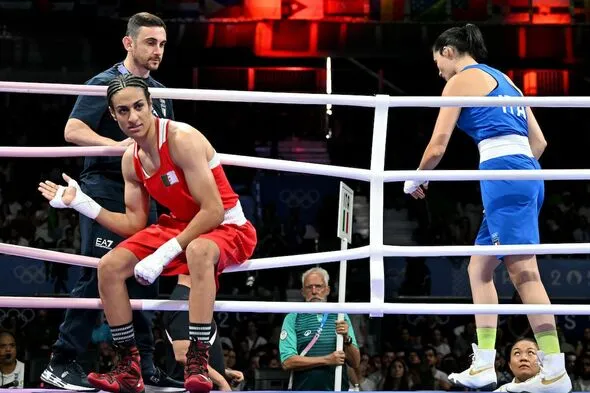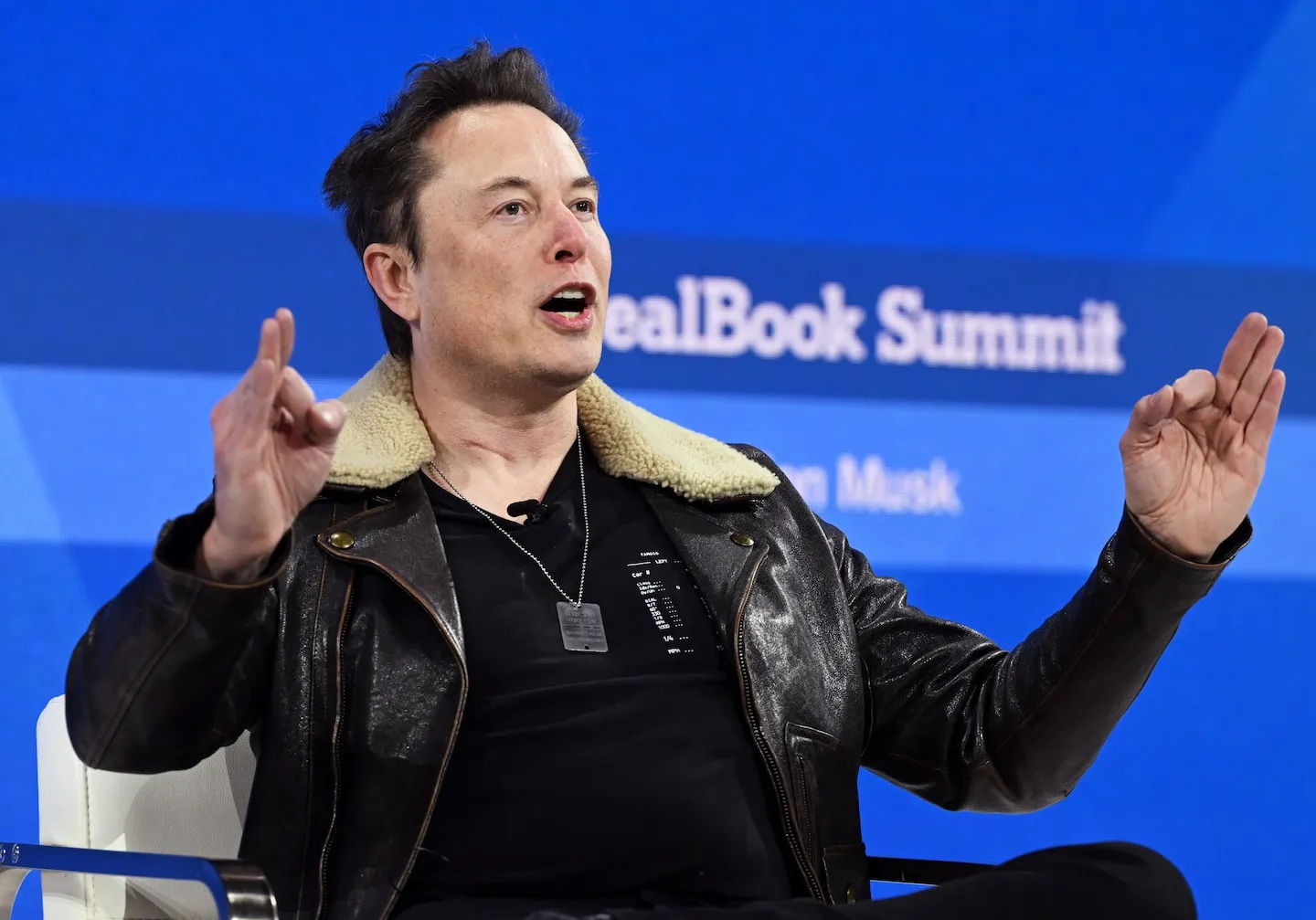Elon Musk, the CEO of Tesla and SpaceX, has once again stirred public debate with a controversial statement, this time about the participation of biological men in female sports. His remarks, made via social media, have sparked widespread backlash and concern within the LGBT+ community. The controversy centers on Musk’s position regarding fairness in sports, particularly when it comes to transgender athletes competing in categories that align with their gender identity.

In a tweet that has since gone viral, Musk said, “It’s not fair to allow biological men to compete in women’s sports, they have a physical advantage, and it undermines the integrity of the competition.” The statement quickly gained attention, drawing praise from critics of transgender athletes in women’s sports, while also raising alarm among advocates for transgender rights and members of the LGBT+ community.
Musk’s comment has ignited a fierce debate over the inclusion of transgender athletes in competitive sports. Many within the LGBT+ community have voiced concerns that Musk’s statement could fuel further discrimination against transgender women, who already face significant challenges when it comes to participating in sports. Transgender athletes, particularly transgender women, are often subjected to intense scrutiny and questioning of their legitimacy in female categories, as critics argue that their physical advantages from male puberty give them an unfair edge.

Transgender rights groups argue that Musk’s statement could further marginalize an already vulnerable community. The fear is that such comments could contribute to the erosion of hard-fought protections for transgender people in sports, particularly in countries where laws and policies regarding transgender rights are still in flux.
“It’s disheartening to hear such divisive rhetoric from someone of Musk’s influence,” said one LGBT+ rights advocate. “It not only misrepresents the reality of transgender athletes, but it also undermines the importance of inclusivity in sports. Transgender women face enough challenges, and comments like Musk’s only serve to add to their struggles.”
The issue of transgender women competing in women’s sports has become a hotly debated topic, with both sides presenting strong arguments. Those who support the inclusion of transgender women argue that sports should be inclusive of all athletes, regardless of their gender identity. They believe that sports should be about competition, athleticism, and opportunity, and that transgender athletes should be given a fair chance to compete.
On the other hand, critics of transgender women’s participation in female sports, like Musk, point to perceived physical advantages that come from male puberty. They argue that these advantages can be significant, even after hormone therapy, and could undermine the fairness of women’s competitions. Some studies have suggested that, even after undergoing gender-affirming treatment, transgender women may retain certain physiological advantages, such as muscle mass or bone density, which could impact their performance in sports.

The science on this issue is still evolving, with ongoing research into the effects of hormone replacement therapy (HRT) on athletic performance. Some experts argue that transgender women, after sufficient transition time, may lose any competitive advantage, while others contend that the physical differences may still be significant enough to make a difference in certain sports.
Elon Musk’s comments carry significant weight, as he is one of the most influential figures in the world. His opinions often set trends and inspire heated debates across social media platforms. For many within the LGBT+ community, Musk’s outspoken views on gender identity and sports add to an already polarized conversation.
Musk’s influence could potentially lead to broader societal discussions about transgender athletes’ rights, with implications for public policy, corporate practices, and the athletic community at large. Given Musk’s history of challenging the status quo and his massive following, his words may encourage others to adopt a similar stance on the issue, increasing division on a topic that is already deeply contentious.
For the LGBT+ community, Musk’s remarks are a reminder of the ongoing challenges they face in advocating for equal rights and protection from discrimination. The concern is that such statements, from high-profile figures, could embolden those who oppose the inclusion of transgender individuals in various aspects of society, including sports.

In response to Musk’s statement, many advocates for transgender rights have called for a more respectful and informed dialogue about the issue. They argue that the conversation around transgender athletes should be based on compassion, respect for human rights, and an understanding of the unique challenges transgender individuals face in sports and society as a whole.
“Transgender people, like all people, deserve respect and the right to participate in activities they love,” said another LGBT+ spokesperson. “Instead of making sweeping generalizations, we need to focus on creating fair and supportive policies that allow everyone to compete on equal footing, while acknowledging the nuances of each individual’s experience.”
While the debate continues, one thing is clear: the conversation around transgender athletes in sports is far from over. Musk’s comments have only added fuel to the fire, highlighting the need for continued dialogue, research, and understanding on the matter. The challenge going forward will be finding a way to balance fairness, inclusion, and the right to compete for all athletes, regardless of gender identity.





